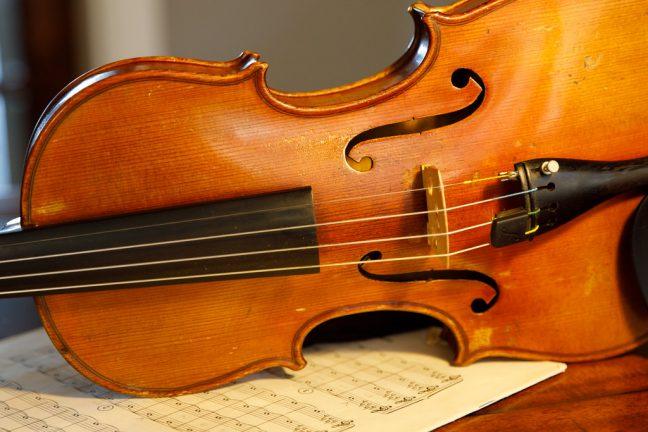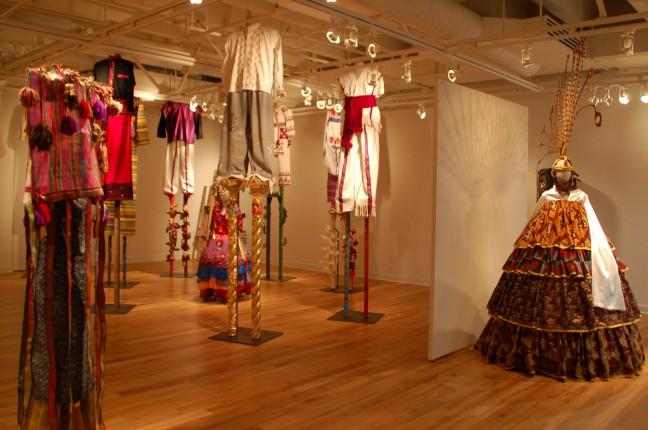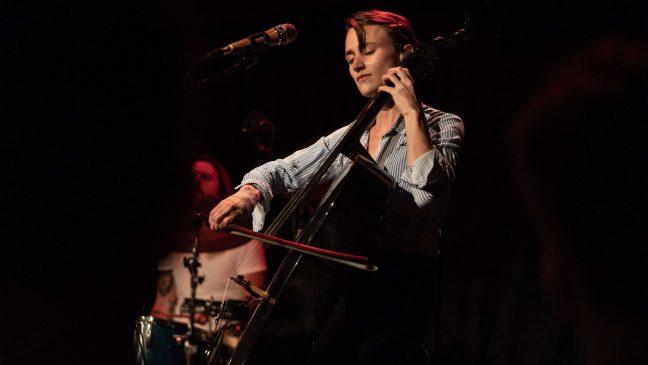The buzzword “Mickey Mouse degree” appears often in a long-standing feud between STEM and humanities. It stands for a degree that many define as “useless” in the job market, and it has spawned countless perceptions, articles and memes.
This article is the beginning of a series in which the goal is to challenge both sides of the debate, and to criticize the STEM vs. humanities culture at the University of Wisconsin.
Violin Performance — The truth about the workload
To begin, I sat down with two students from the Mead-Witter School of Music. Maynie Bradley and Isabelle Krier both study violin performance in addition to psychology and biology, respectively.
Krier noticed that people show her sympathy when she talks about biology and pre-dental studies, but are taken aback when she mentions her violin.
When asked about their daily lives as musicians, both Bradley and Krier reported that a significant amount of their day is dedicated to rehearsals and practicing. Music majors must perform in multiple large and small ensembles throughout their academic career.
Krier said that she would spend up to eight hours in opera rehearsals each week, which the university considers a one-credit course.
Bradley often has back-to-back rehearsals with multiple ensembles, which require her to play non-stop for up to five hours, including on weekends.
Of course, this still excludes individual practicing. Bradley said that one of the biggest challenges of being a musician is finding motivation to practice.
“With music, your work is never done … you could potentially spend all day practicing and there’s basically more to practice, all the time,” Bradley said.
Musical instruments stolen from Humanities, UWPD investigating
Krier admitted that she does not practice every day. When overwhelmed with homework assignments, she said it’s better to sleep than stay up a couple extra hours to practice and feel bad the next day.
On an ideal day, though, her practice regimen starts off with a round of warm-ups followed by her etude studies, which focus on refining technique. After adequately warming up, Krier’s practice is currently divided between finishing a Bruch violin concerto, learning a Paganini caprice, and practicing different acts for the opera.
The Difference with STEM
Despite these unique challenges, there is a stark difference in the type of campus support available to music students versus STEM fields. Though music students generally have smaller class sizes and more one-on-one training with faculty, they do not have accessible tutoring services for challenging courses, such as music theory or history.
People often don’t believe non-STEM courses are conceptually difficult. On campus, the conversation around how difficult a major is commonly fixates on credit load or course numbers. These methods of comparison cannot be applied to all fields of study, especially in music.
Black Violin educates, inspires area students at interactive Overture performance
One of Krier and Bradley’s biggest commitments, the University Symphony Orchestra, is a one-credit course listed on their transcript as Music 62.
It’s not even a 100 level course, yet it requires both undergraduate and graduate students to rehearse for five hours a week. This kind of time commitment makes a fifteen-credit course load in music look very different than other disciplines.
Every major is difficult in its own way — there are challenges that are specific to each department, and it can be invalidating when people and institutions don’t acknowledge the effort that goes into perfecting an art.
At worst, when students are not prioritized and given certain resources that are available to those in “more difficult majors,” they are sent the message that they don’t matter.
But despite this, students like Krier and Bradley press forward and continue to study what they love.

















